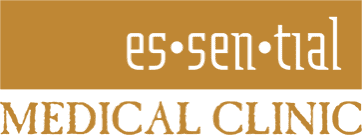Would you like to know which vitamins boost the immune system in sick people? With the right nutrients, you can maintain a healthy lifestyle.
Most of the time we are not in sterile and 100% hygienic environments. Thus, our bodies are exposed to harmful microbes that continue to evolve to infect us more effectively.
We often do everything in our power to prevent or reduce the severity of the disease. We wear warm clothes, drink teas and seek to reduce our stress. However, have you thought about the vitamins that can stimulate your immune system? How effective are they?
If you decide you’d like to try a supplement or vitamin, talk to your doctor or registered nutritionist first. Although some of them may have antiviral properties, none have scientific evidence against COVID-19 and other serious diseases.
The details of a balanced diet and vitamins
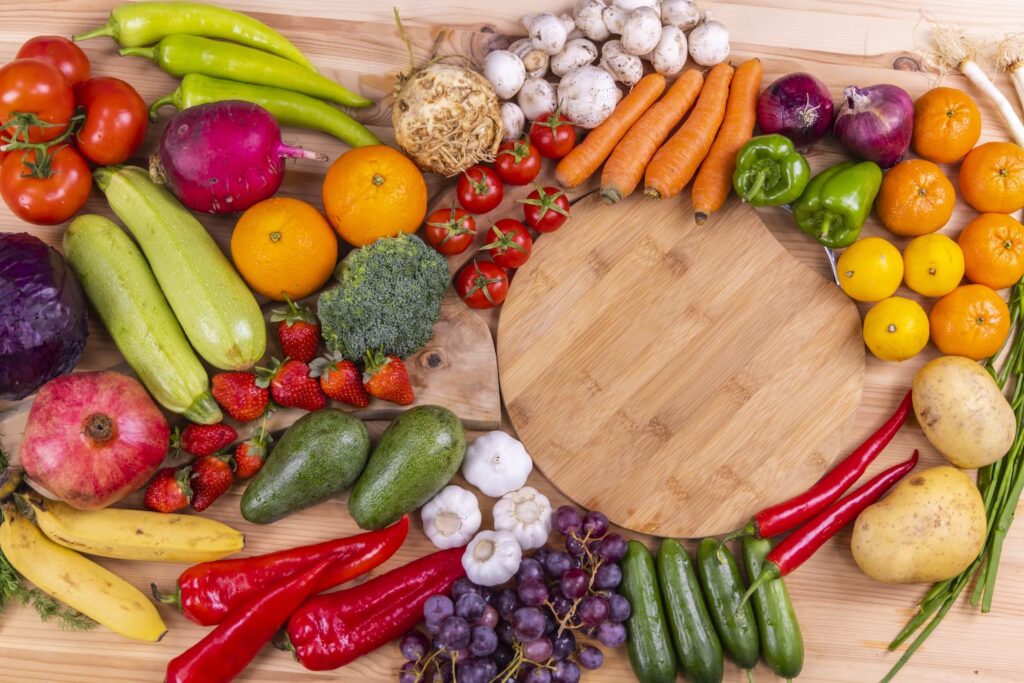
Many times we forget that our health depends largely on nutrition. Studies have shown that eating more whole foods and getting enough protein is crucial for longevity.
To keep our immune system in optimal condition, we must provide it with specific nutrients. Our diet is the most complex system of our body, along with our mental logistics.
Here we’ll look at vitamins that can boost your immune system and essential nutrients for maintaining good health, especially if you consider yourself unhealthy.
Are vitamins good for your immune system?

When in contact with bacteria or viruses, your immune system works tirelessly to combat each of these obstacles.
Many factors influence your immune system: your genetic makeup, age, health status, and stress level.
A healthy immune system is highly dependent on diet. Modern Western diets are high in sugar, salt, and fat, and are contributing to the rise in chronic disease worldwide.
To stay healthy and strong, your body needs nutrients. However, it’s not as simple as taking a multivitamin every morning to support your immune system. To be most effective for your immunity, you must make far-reaching and lasting changes to your diet.
Address your vitamin and mineral deficiencies. Thus, there are micronutrients that contribute to your body’s defenses: it strengthens its physical barriers, increases the production of antibodies and improve communication between cells.
How can you add vitamins to your diet?
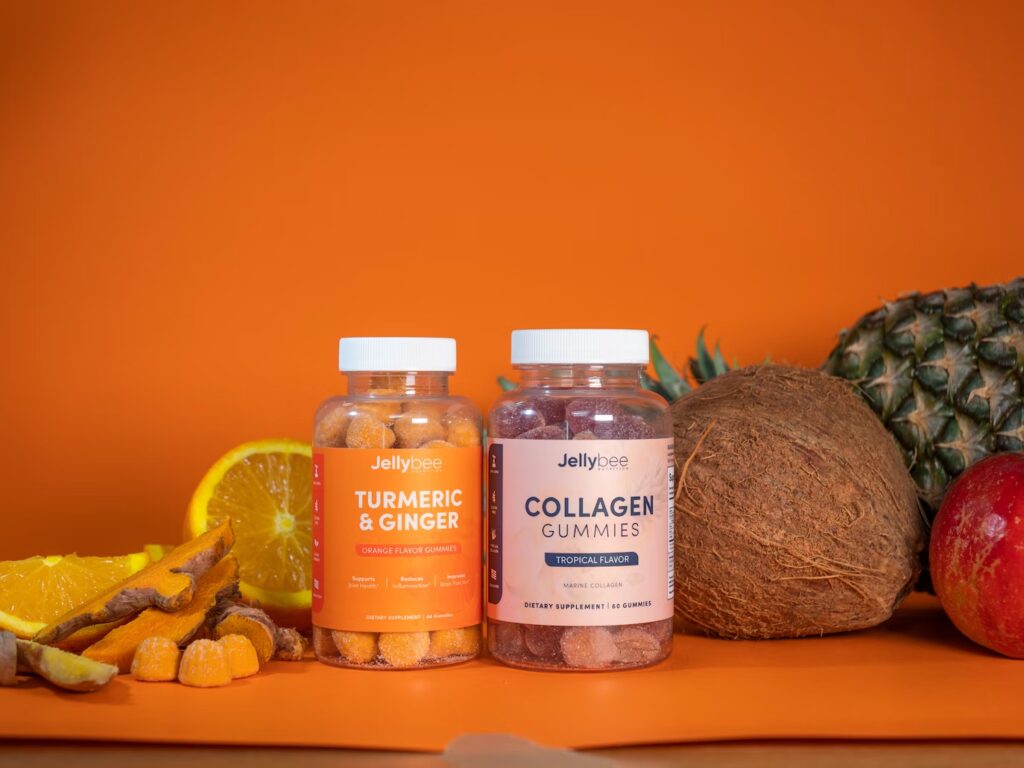
In addition to considering vitamin supplements, you need to maintain a healthy and balanced diet to ensure adequate intake of essential nutrients. The body absorbs and uses vitamins that come from food better than from supplements since they can differ in the quality of these nutrients.
Supplements are useful as a plus to a healthy diet, they do not replace it.
Your immune system (cells, processes, and chemicals) already constantly defends itself against viruses, toxins, bacteria, and other pathogens.
In fact, it is recommended to maintain a healthy balance, and not overstimulate the immune system.
The combination of nutrition and lifestyle interventions must create this balance. To achieve this, the most optimal is a consistent and complete sleep schedule, reducing long-term stress, exercising, having contact with loved ones, and eating mindfully.
You should be aware that only some supplements can interact with medications. People with certain health conditions may not be able to use supplements. Before any change to your body consult your doctor.
Micronutrients contribute to the body’s natural defenses, but each body requires vitamins more than others. For life to exist on our planet, vitamins are essential. Here we will see the main ones.
Vitamin C

Flu medications often contain Vitamin C or ascorbic acid. Poor immune function and susceptibility to infection are related to deficiency of this vitamin.
The recommendation is 75 to 90 mg of ascorbic acid per day. Also, vitamin C supplements help you recover faster from infection.
Multiple levels of vitamin C support the immune system. In addition to protecting against oxidative stress, it also strengthens white blood cells.
- Vitamin C can reduce lung inflammation, so it can help you deal with COVID-19.
- Protects against damaging oxidative stress.
- It helps to regenerate new cells, remove old ones and replace them.
In addition, regular intake of this supplement has been known to reduce the occurrence of colds by up to 50% among marathoners and soldiers under high physical stress.
As if that were not enough, treatment with high doses of intravenous vitamin C significantly improves serious infections, such as sepsis and acute respiratory distress syndromes.
Foods with the highest concentration of ascorbic acid:
- Citrus: Oranges contain nearly 70 mg of vitamin C per medium size.
- Fruits: Guavas, for example, contain 228.3 mg per 100 grams, far ahead of kiwi (93 mg) and papaya (70 mg)
- Vegetables: in a bell pepper it is approximately 65 mg, while for 100 grams of broccoli it is approximately 89 mg of vitamin C.
B vitamins

Each of the eight types of B vitamins plays a different role in metabolic processes. Our bodies would not be able to move, think, build or repair any tissue without B vitamins.
A deficiency of folic acid, B6, and B12 affect the production and activity of white blood cells and other immune responses. Furthermore, it can cause hyperhomocysteinemia, increase inflammation in the body, and trigger a variety of serious diseases.
Most whole foods contain B vitamins. Your recommended daily intake is easily achieved with whole grains, meat, eggs, legumes, seeds, nuts, fruits, and dark leafy vegetables.
Vitamin D

Vitamin D was already helping to treat tuberculosis before the introduction of antibiotics. Cod liver oil and exposure to sunlight contain this vitamin.
There is evidence that vitamin D deficiency increases the risk of developing autoimmune disorders such as psoriasis, multiple sclerosis, and rheumatoid arthritis. This micronutrient activates white blood cells and strengthens our resistance to various diseases.
Foods with vitamin D:
- Red meat
- Liver
- egg yolks
- Fish like salmon, sardines, and mackerel
- If you do not want to eat foods of animal origin: cereals, plant-based milk and mushrooms are often fortified with this vitamin.
Vitamin D helps prevent respiratory tract infections and improves the effectiveness of antiviral treatments in people with certain infections, such as HIV and hepatitis C.
Due to its effect on the immune system, they do research on its relationship with COVID-19. Thus, vitamin D has been shown to speed healing and prevent inflammation in the respiratory system. We recommend Vitamin D supplements to protect you against the virus.
Zinc
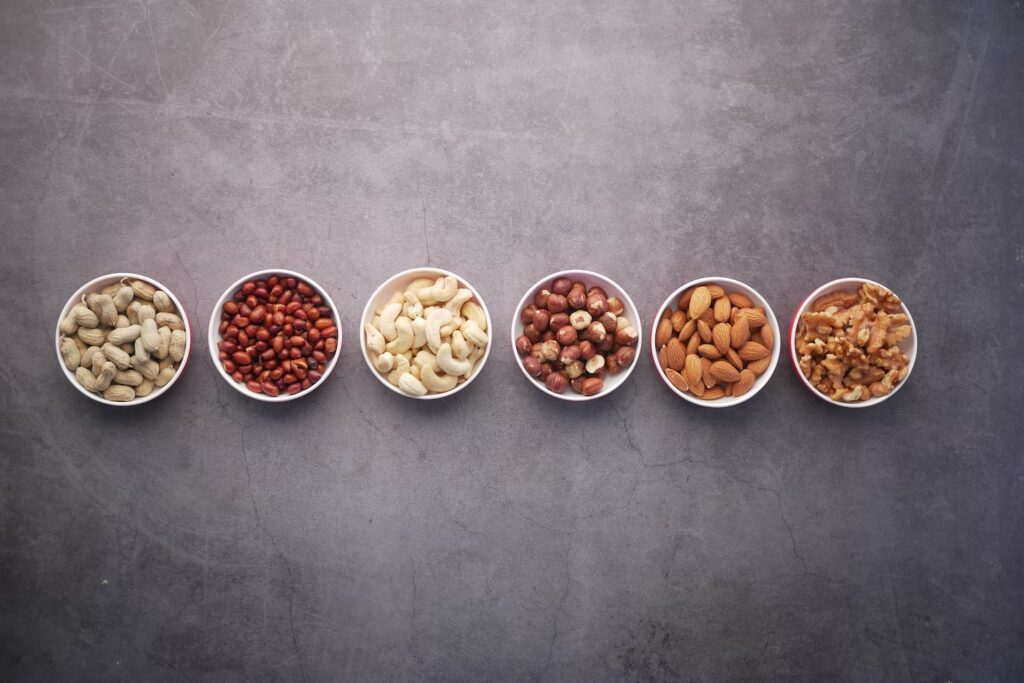
Zinc is one of the most important nutrients. Our nervous and reproductive systems require it for growth, development and proper function.
It is essential for the development and communication of immune cells, and for the regulation of inflammation. In addition, it protects the tissues of the body from foreign pathogens.
Zinc directly affects white blood cells. In addition, it acts as an immunostimulant, a component that improves the effectiveness of the immune system and the fight against the common cold.
Good use of Zinc has been shown to include anti-cancer properties, primarily by protecting and repairing DNA strands.
Thus, Zinc can be found in whole grains and dairy products, but also in meat, lentils and nuts.
With a zinc deficiency, you are more likely to contract pneumonia and it accounts for 16% of all serious respiratory infections worldwide. And its absence is extremely common in older adults, with the exception of developed countries.
Your daily dose should not exceed 40 mg.
Elder
Elderberry treats infections. Right now the “Sacumbucus nigra” (black elderberry) is being studied for its immunostimulatory properties.
It is a potent antibacterial and antiviral agent against bacterial pathogens that cause upper respiratory tract infections and strains of influenza. This immune system response reduces the duration and severity of colds, as well as the symptoms of viral infections.
Although elderberry has been suggested, the risks must also be considered. It has been reported that this berry produces an excess of cytokines, which can damage healthy cells.
Consult a health professional before using elderberry.
Medicinal mushrooms?

Since ancient times, medicinal mushrooms treat and prevent infections.
Certain types of medicinal mushrooms can improve immune health and reduce symptoms of conditions such as asthma and lung infections.
Therefore, its immunostimulatory properties have been extensively studied. Thus, it has been investigated that the immune system is strengthened by more than 270 known species of medicinal mushrooms.
Medicinal mushrooms include cordyceps, lion’s mane, maitake, shitake, reishi, and turkey tail. For its part, turkey tail can improve the immune response in humans, especially in cancer patients.
Other supplements and vitamins stimulate the immune system.
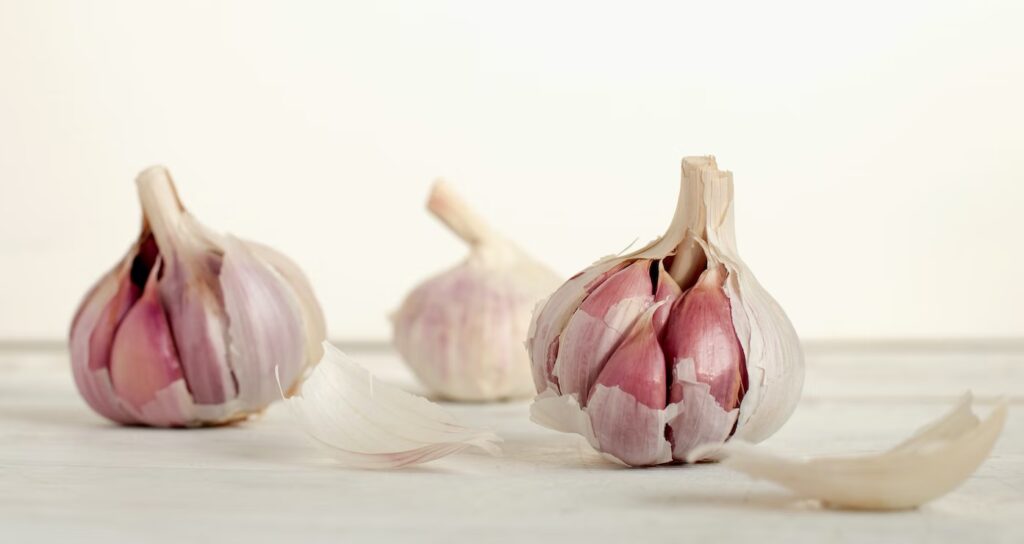
- Astragalus. Traditional Chinese medicine used this supplement. Its extract can have a significant impact on immune responses in animals.
- Selenium. Essential for maintaining a healthy immune system. May enhance antiviral defenses against H1N1 influenza strains.
- Garlic. A powerful anti-inflammatory and antiviral. It stimulates protective white blood cells and improves immune health. We still don’t get full human research.
- Licorice. It has antiviral effects, attributed to its glycyrrhizin. This exhibits antiviral activity against severe acute respiratory syndrome, according to studies.
- Pelargonium sidoides. The extract can help relieve symptoms of acute viral respiratory infections. Still needs more research.
- Curcumin (turmeric). Animal studies suggest that it improves immune function with anti-inflammatory properties.
- Propolis. Produced by bees as a resin-like hive sealer. Despite its immune-enhancing properties and possibly antiviral properties, it needs more research.
It is important to note that many of the potential effects of these supplements have not been thoroughly tested in humans and need further investigation.
In summary
There are a number of supplements available on the market that can help improve immune function.
Research has been conducted on its favorable properties for the immune system. Despite their potential immune health benefits, these supplements and vitamins should not be used as a substitute for a healthy lifestyle.

To maintain a healthy immune system and reduce the risk of infection and disease, you should eat a nutrient-balanced diet, get enough sleep, engage in regular physical activity, and avoid smoking.
If you decide you’d like to try a supplement or vitamin, talk to your doctor or registered dietitian first. Although some of them may have antiviral properties, none have scientific evidence against COVID-19 and other serious diseases.
Read on at Essential Medic Clinic:
